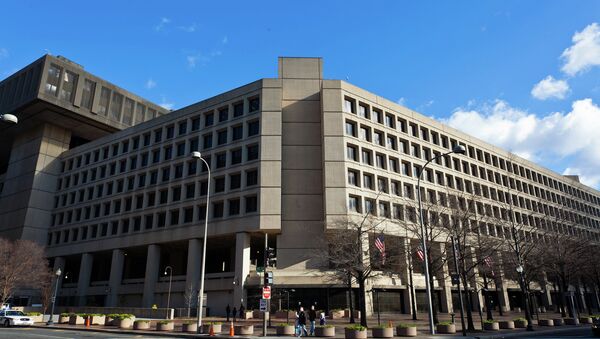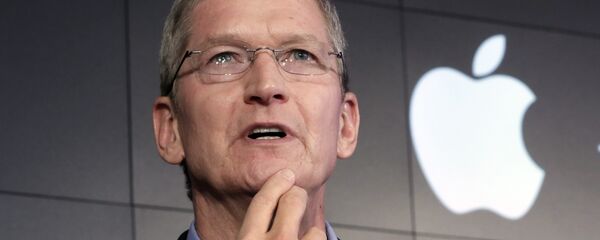The suit is intended to reveal how the FBI gained access to the data contained within the iPhone belonging to Syed Farook, one of the San Bernardino shooters.
Later the FBI dropped its case, announcing that it had unlocked the phone with the help of an unidentified third-party, leading to a public debate over the methods used, the entity that provided the service, and the cost.
Gannett outlet USA Today, Vice Media and the Associated Press earlier demanded that the FBI provide the details of the iPhone-breaking exploit under the Freedom of Information Act (FOIA). FBI Director James Comey had previously suggested that the exploit cost over $1 million, adding that it was "well worth" it. Comey revealed that the process used to gain access to the data would only work for a phone similar to the shooter's, an iPhone 5C with iOS 9 installed. The FOIA request was rejected by the agency, which stated that revealing the information would imperil its enforcement efforts. Following the FBI refusal, a lawsuit was filed Friday.
The lawsuit states, in part, "The FBI's purchase of the technology — and its subsequent verification that it had successfully obtained the data it was seeking thanks to that technology — confirmed that a serious undisclosed security vulnerability existed (and likely still exists) in one of the most popular consumer products in the world."
Currently, a fierce debate rages between those who favor the needs of law enforcement over a person's right to privacy. Keeping user data secure is crucial, but an increasingly intrusive global security apparatus consistently claims that encryption complicates criminal investigation.



